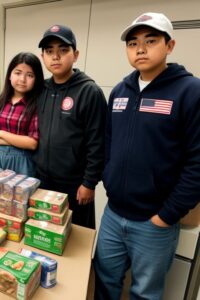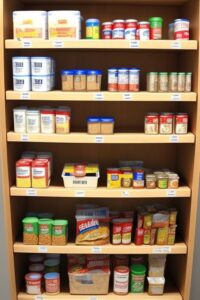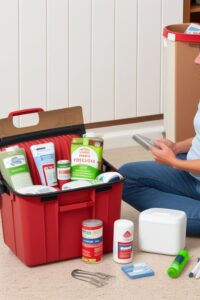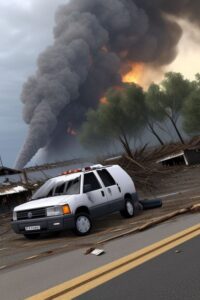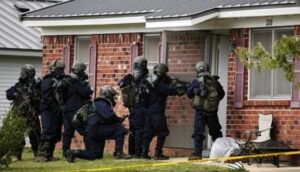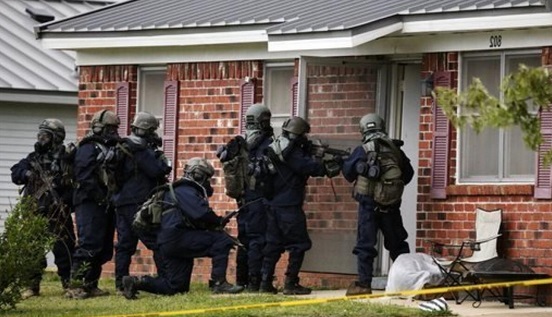
During an emergency, FEMA will confiscate certain items. Let`s explore eight items FEMA will confiscate and the laws that give them this power. Several executive orders and laws have been enacted for national emergencies, including man-made events, natural disasters, and attacks.
Nuclear threats during the Cold War led to numerous laws aimed at protecting citizens and maintaining national continuity in the 50s, 60s, and 70s. It began with the civil defense program involving volunteer groups providing aid. Funds were allocated for Geiger counters and fallout shelters, administered by citizens, beginning in the 1960s with JFK`s emphasis on Federal Emergency Management.
This shift changed the focus from local volunteer networks to a federal agency, affecting individual rights in favor of collective rights. This led to hoarding laws, which we will discuss along with the list of items. These laws are on the books; you can research them or find executive order numbers and the anti-hoarding law in 50 US code 4512.
Section 4512 specifies that having supplies beyond what’s reasonable for home, business, or personal use can be confiscated. This is open-ended, so in a national emergency, supplies can be seized. FEMA recommends having at least two weeks of food and supplies, but most preppers exceed this, which could be deemed excessive.
Executive order 10998, issued by President Kennedy, allows the government to control food during national emergencies, especially foreign attacks. It covers all types of food, raw materials to processed, as well as cotton, wool, flax, hemp, and natural commodities.
Executive order 10995 addresses communications, permitting seizure of public and personal radios during emergencies. Executive order 10997 addresses electrical power, encompassing substations, power plants, generators, and solar panels.
The eight items FEMA will confiscate include food stores: raw materials, canned, boxed, and processed food. Fertilizers, tractors, and farm equipment are also at risk. Water, including bottled, stored in drums, and rain catchment systems, is susceptible to seizure. Medical supplies, including hand sanitizers, masks, and protective gear, can be confiscated. Power sources, including generators, solar panels, inverters, and batteries, are at risk. Fuels, such as gasoline, propane, and possibly wood for heating, can be confiscated. Communications gear, such as ham radios, antennas, and other radios, can be confiscated. Firearms and ammunition are also at risk, as seen during Katrina.
During the Civil War, armies took food and equipment from farms. Stalin also took food in Russia, leading to widespread death. In serious emergencies, it’s plausible these items could be seized for the collective good.
We should push to reinstate the civil defense program, putting responsibility back on individuals. Preppers take responsibility for their safety and the welfare of their families. FEMA seizing preps and leaving people in lines is a dismal situation.
To protect your preps, divide them into different areas and hide some supplies. Don’t brag about your supplies to avoid being reported. Pay with cash to keep a low profile. These eight items are essential for survival, so be prudent and take necessary precautions.
Be strong, be of good courage, God Bless America, and long live the Republic.
